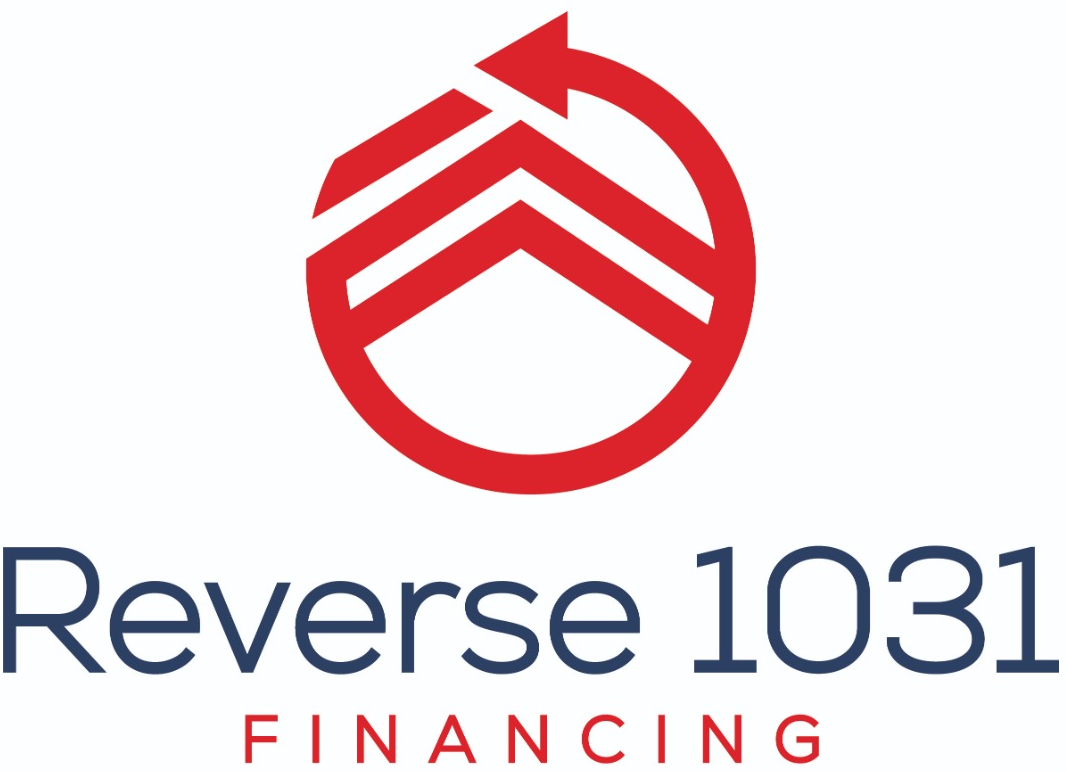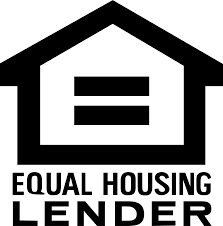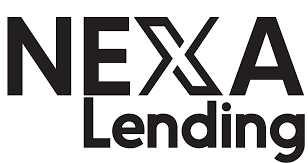
Reverse 1031 Exchange: A Smart Strategy to Defer Capital Gains
A Reverse 1031 Exchange allows real estate investors to purchase a new property before selling their existing one offering flexibility and powerful tax advantages under IRS Section 1031. By strategically timing the exchange, investors can defer capital gains taxes, preserve equity, and expand their portfolios without immediate tax burdens. In this guide, we’ll break down how Reverse 1031 Exchanges work, their benefits, rules, and key deadlines every investor should know.
No blogs found




NEXA Mortgage LLC is an Equal Housing Lender
NEXA Mortgage LLC | Corporate NMLS #1660690 | AZMB #0944059
Bradley Spies | NMLS #2094404
Equal Housing Lender
5559 S Sossaman Rd, Bldg 1 Ste 101, Mesa, AZ 85212
NEXAMortgage.com | NMLS Consumer Access Link:
Disclaimer (Website Use / Tax & Legal Guidance)
The information provided on this website is for general educational purposes only and should not be construed as tax or legal advice. NEXA Mortgage LLC and its loan officers do not provide tax, legal, or accounting services. Investors should consult with their own independent tax advisor, CPA, and/or attorney regarding how a 1031 exchange applies to their specific circumstances. All financing is subject to credit approval, program guidelines, and applicable federal and state regulations.
